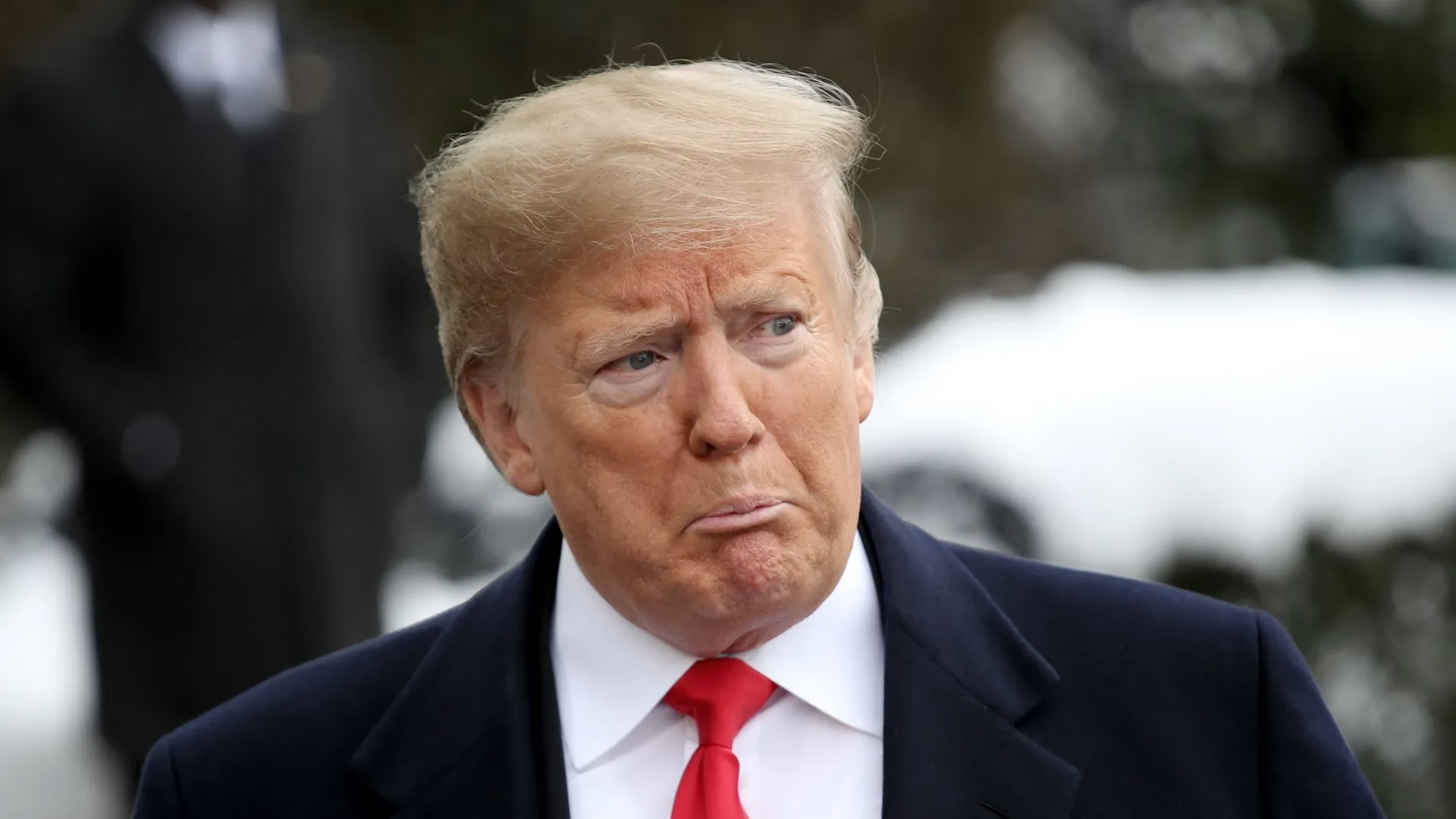
The heroic image hides the truth: Trump is unable to cope with the scandals surrounding him
The Trump administration is trying to conceal a series of failures in policy and management by manipulating economic statistics and making symbolic gestures of strength. The dismissal of the head of the Bureau of Labor Statistics, the transfer of Maxwell, and the redeployment of submarines are intended to distract attention from real problems: the downturn in the labor market, the split in the MAGA electorate, and unfulfilled promises on deportations. Foreign policy adventures with Iran and Russia only exacerbate the decline in confidence in the president.
The Trump family’s stock market games
In the summer, the White House was once again at the center of a scandal related to the president’s highly ambiguous behavior. Trump suddenly opposed a bill to ban insider trading for politicians, even though Republicans had previously actively promoted this bill, criticizing Nancy Pelosi and the Democrats. Nancy Pelosi and her husband amassed a fortune of over $100 million by using access to confidential government information for stock trading, and now Trump’s entourage has adopted this practice. Emotional swings on the stock market, the launch of tariff wars and subsequent truces, crashing and soaring markets, all work to enrich the Trump family and his team. The White House is pushing for virtual trade deals with Japan, the EU, and South Korea, which has promised to invest $350 billion in the US economy, which is obviously unrealistic but pleases the markets.
Trump himself calls the ban on insider trading a “witch hunt”, as the bill will complicate life for everyone in Washington. However, this rhetoric risks displeasing the MAGA electorate, unhappy as it already is with the lack of progress in the Epstein case. Trump’s team can only promise investigations against Pelosi and urge the public to rejoice in growing markets, paying less attention to White House insiders and deals.
In addition, Trump is already accustomed to constantly backing down, and the well-known TACO effect has begun to reappear on the eve of the next tariff deadline. By August 1, Trump’s team had failed to reach an agreement with most of the countries threatened with tariffs, so it had to urgently adjust its plans to introduce tariffs. As a result, the US postponed the deadline for imposing tariffs on Mexico for another 90 days, and about 80% of goods coming from Mexico to the US are still not subject to tariffs.
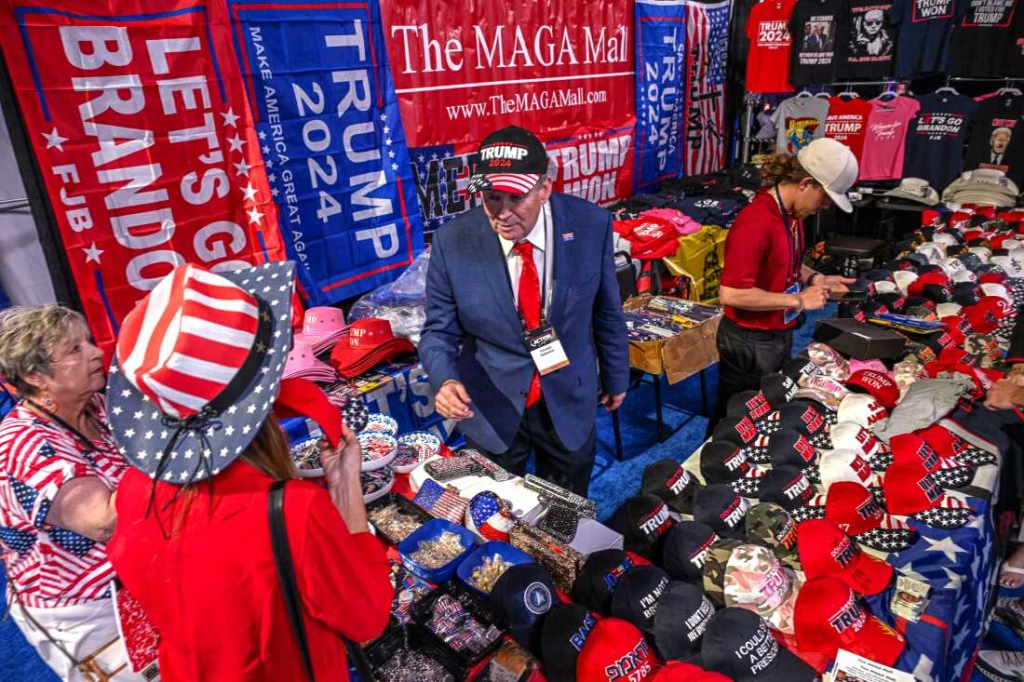
Trump’s motivation for backing down is the fear of destroying $800 billion in annual trade, which would hurt the US economy and the president’s approval rating. The White House is making a lot of exceptions: for example, despite threats of 50% tariffs, Brazil’s aviation products and orange juice have been spared. This is due to politics: Trump supports the Brazilian right, whose ratings are falling, and is protecting his allies from attack. For other countries, tariffs in hastily concluded deals have been reduced significantly below April’s promises. This blunts the effect, as there will be neither growth in US industrial production nor a trade crisis, which discredits the very idea. A similar situation can be expected on the Russian-Ukrainian track: the tariffs imposed on Moscow’s partners will turn out to be smaller with a host of exceptions, if not one “solid exception”. As usual, this will be presented as a success, but Trump’s trade wars are increasingly reminiscent of virtual games for rating growth and self-satisfaction.
From the golden age to the era of empty promises
It is not surprising that when Trump’s first trade deadline finally arrived, it was automatically pushed back another week. The tariffs announced on August 1 turned out to be lower than those in April, and the White House’s fighting spirit lasted only a month of confrontation. Now this period may be shortened even further. The main tool of Trump’s team has been blackmail, demanding investment in the US economy. Taiwan, for example, has been forced to promise $350 billion — four times its annual budget — even though it already holds 90% of its $580 billion in foreign exchange reserves in US bonds. On the island, this is being compared to the 1895 Treaty of Shimonoseki, which ceded Taiwan to Japan. The Japanese themselves promised Trump $550 billion in investments, and the South Koreans another $350 billion. No one is rushing to fulfill these formal promises, as is the case with the EU, but the very framing of the issue is humiliating for the authorities and will strengthen the position of nationally oriented forces in Europe and Asia. In the US, even Trump’s loyal supporters are disappointed that tariff wars have turned from a tool for reviving America’s “golden age” into a petty tool for situational blackmail.
To add populist pomp to the situation of self-discredit, on August 1, the US president gave the order to redeploy nuclear submarines. He explained the decision with provocative statements by former Russian Prime Minister Dmitry Medvedev, who threatened a harsh response to Trump’s ultimatums demanding an immediate ceasefire in Ukraine. But it was clear to everyone that neither this ultimatum nor the submarine maneuvers would lead to anything serious, and that the activity was partly driven by internal factors putting pressure on Trump. He wants to take formal symbolic steps that can be presented as a show of strength without fundamentally changing anything. Therefore, instead of announcing new tariffs, we are seeing something else, something that is naive in places.
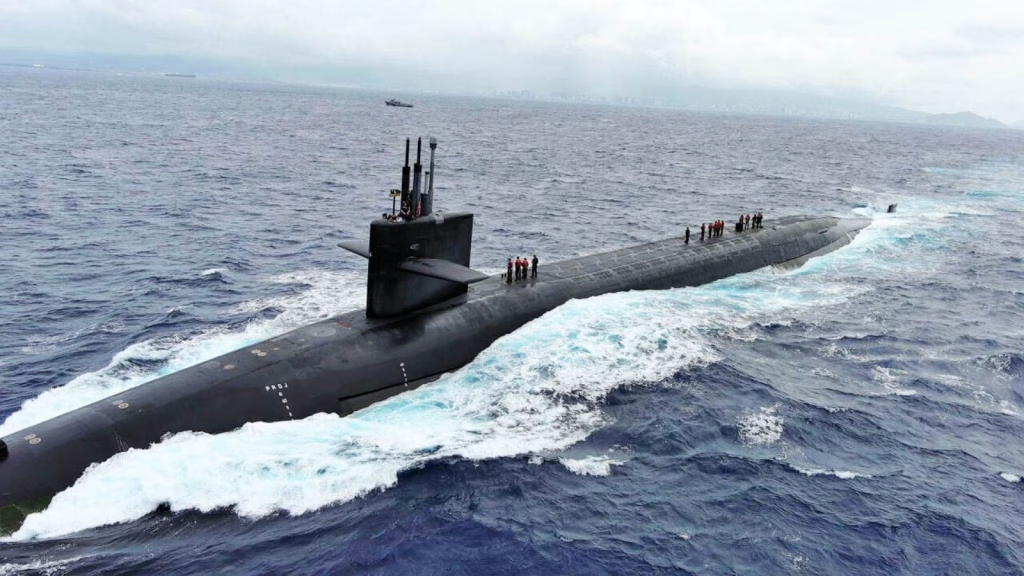
But Trump’s statements can also be seen as an attempt to divert attention from domestic problems, and it is worth remembering at least two key issues that raise many uncomfortable questions for the White House. The first is the transfer of Epstein’s accomplice Ghislaine Maxwell from a maximum-security prison in Florida to a correctional facility in Texas, which many consider a deal with the authorities to obtain lenient conditions or even early release. The announcement was made after Congress went on recess to limit questions from Democrats who accuse the White House of collusion, with Maxwell testifying only against individuals unpopular with Trump. The second issue is the sharp decline in the US labor market. Over the past three months, the number of jobs created has fallen sharply, which could be an indicator of stagnation or recession, especially against the backdrop of the crisis in the mortgage sector. Thus, Trump is creating news stories out of thin air to stop the gradual decline in his ratings.
Bets on fear and Fed rates
In this light, Trump’s new personnel changes look less like a systemic fight against the establishment and more like plugging political “holes”. In this vein, the White House has declared war on Washington economists: Trump fired the head of the independent US Bureau of Labor Statistics, which Republicans have repeatedly accused of falsifying data. In the summer of 2024, the bureau sharply revised its job figures, allowing the Fed to lower interest rates before the election — Trump’s campaign called it support for Harris’ campaign. Now, however, the revision has shown a decline in the labor market, but the Fed is in no hurry to cut rates due to the risk of inflation from trade wars.
This could force Trump to soften tariffs as early as September, which would undermine his entire tariff policy. Therefore, he hopes to put a loyalist at the head of the bureau to “paint” favorable figures. Trump’s team also plans to put the Fed under the control of the Treasury, but there are still ten months before the change of leadership — during this time, the economy may deteriorate due to a recession in industry and a decline in the real estate market. The negative effect of tariffs will become apparent in the fall, and by the 2026 congressional elections, the crisis could deprive Trump of his “monopoly” on power.
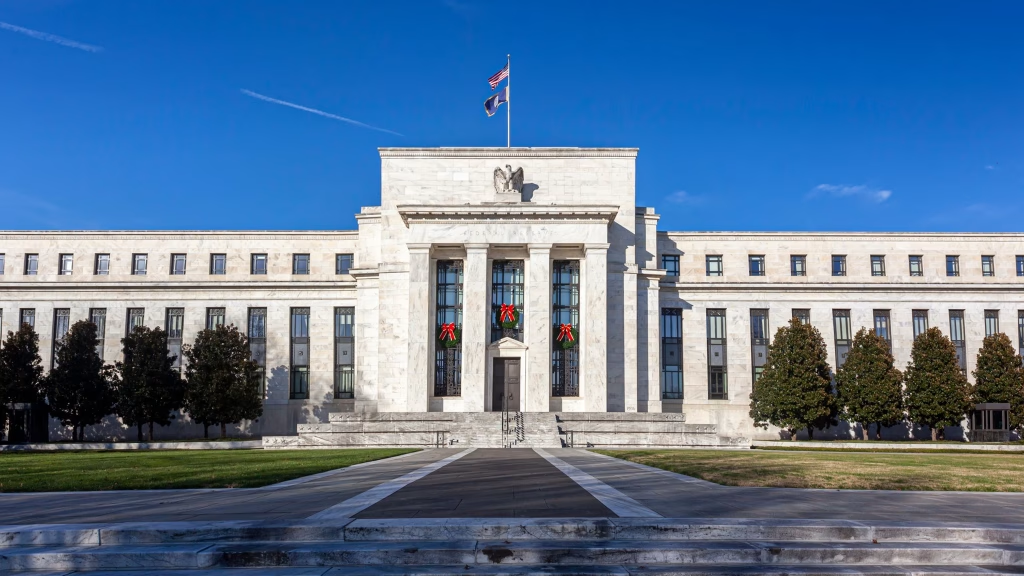
International relations are not a source of quick populism either. The issue is not only Trump’s inability to stop the war in Ukraine, when the White House’s foreign policy activity has already begun to affect Trump’s ratings in a negative way. American voters traditionally take less interest in international issues than in domestic issues, but now foreign and domestic policy have become very closely intertwined. In this light, the recent aggressive actions of Trump’s team, which first manifested in bombing Iran and then in the threat of secondary sanctions against Russia, are indicative. At the moment, both could lead to a sharp jump in oil prices, which could be followed by an increase in fuel costs in the US, especially in Democratic states.
In polls, two-thirds of Americans are ready to blame Trump for a potential scenario of gasoline prices rising to $6 per gallon, and this could indeed happen if the escalation around Iran spirals out of control and leads to chaos in the Strait of Hormuz. Since the strikes on Iran, Trump’s ratings have fallen significantly, reflecting a split in the MAGA electorate and dissatisfaction with the White House’s militaristic policy, with a third of Republicans convinced that war with Iran violates Trump’s declared “America First” concept. At the same time, the White House has begun to back away from its earlier promises to arrest and deport three thousand illegal immigrants daily, which is also affected by the lack of space in deportation centers and the unwillingness of many countries to accept their migrants.
As a result, Trump’s team has not yet managed to conclude any significant agreements in this area, even though this is precisely the kind of activity on the international stage that his electorate wants to see from him. For now, all he can do is express his indignation at the treacherous policies that cater to various foreign lobby groups and squeeze the most out of minor successes in the “culture wars” with liberals. As a result, Trump is unable to cope with the scandals surrounding him, and his heroic image is fading before our eyes.
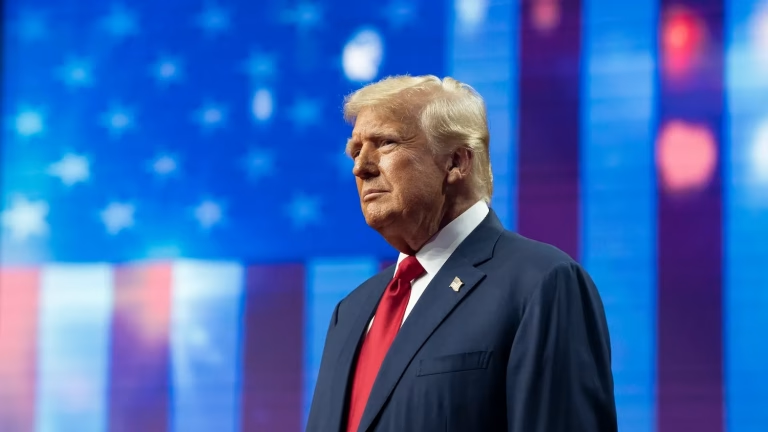

The article provides a sharp critique of Trumps trade policies, portraying them as self-serving and increasingly desperate. It’s a compelling read for anyone interested in the real-world consequences of his rhetoric.MMA
The article offers a sharp critique of Trumps trade policies, painting them as self-serving maneuvers that prioritize political gain over economic stability, while effectively diverting attention from domestic failures.
Haha, sounds like Trumps trade wars are the ultimate reality show – think Survivor but with countries and $350 billion investments as rewards! His team seems more focused on virtual victories and spinning deals than actual results, like a political version of a video game. And deploying nuclear submarines because former PM Medvedev got feisty? Classic Trump – hiding domestic issues behind a dramatic foreign policy curtain call. While his fans might be thrilled, it looks like the TACO effect is back in full swing, and the only thing growing is the list of exceptions.
Oh, the TACO effect is back! Trumps tariff retreats are like a chef tasting his own spicy dish and deciding its too hot to serve. Hes making exceptions left and right, like someone who promised not to eat dessert but ends up with dessert, coffee, and a extra slice of cake. The $350 billion promises are just empty calories for his ratings. Meanwhile, hes firing labor stats officials like theyre defective sugar cubes. Its all a big game of lets make deals and pretend they matter. The only thing crashing faster than market confidence in these deals is the likelihood of Trump keeping his promises. Hes trying to spice up his presidency with hot air, but its just not filling the void left by actual achievements.act two video generator